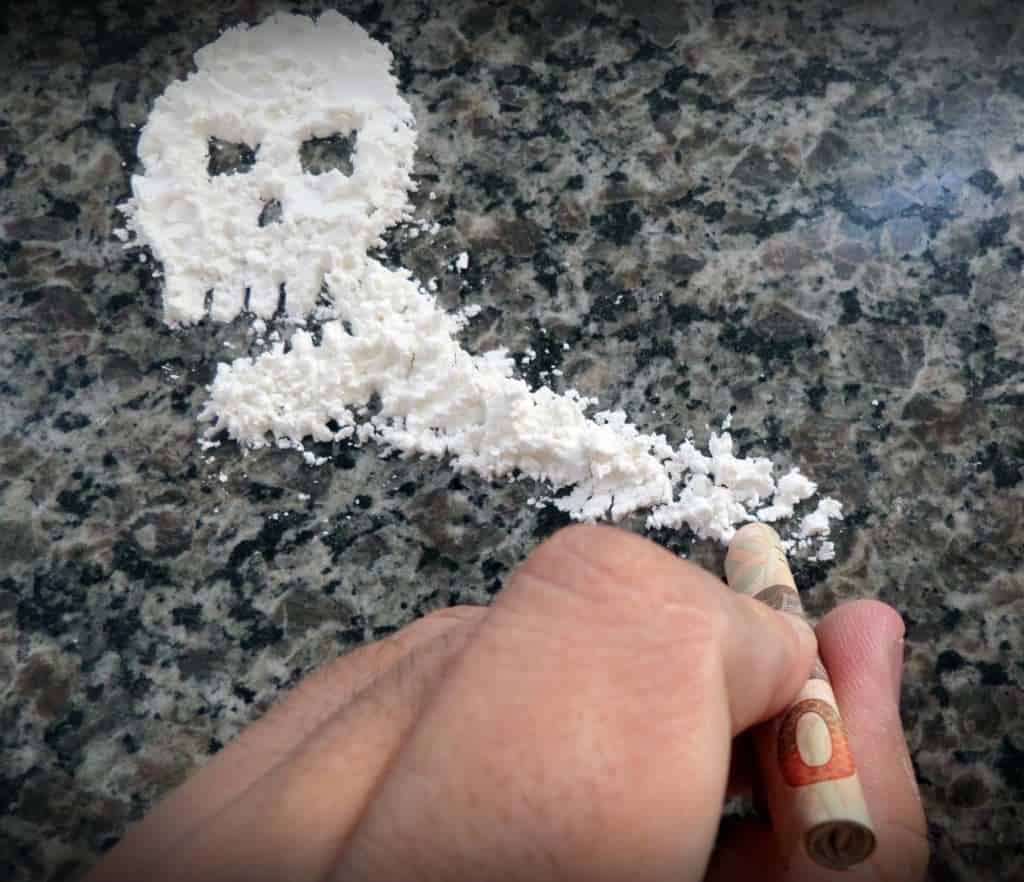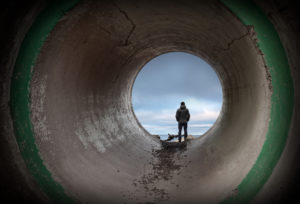Every month, an estimated 1.5 million Americans, aged 12 years and above, abuse cocaine every month. The statistics are according to a recent survey carried out by the NSDUH.
People that use cocaine describe the high as a pleasurable and euphoric experience. Cocaine stimulates the part of the brain which leads to pleasure. The drug also gives the user confidence and heightens all their senses.
However, scientific research into the drug has also shown that the more you take cocaine, the faster it knocks off the hormonal balance, which leads to abnormal responses to things happening in the environment.
Cocaine is also highly addictive, and, for most people, what starts as a social experiment quickly turns into an addiction they cannot manage. Seeing a loved one struggle with cocaine addiction symptoms can be very challenging.
Here are some of the signs which will let you know if a loved one is engaged in abusive cocaine use, and ways in which you can help.
1. Exaggerated Levels of Self Confidence
The first and most obvious sign that you will notice when someone is using cocaine is that their self-confidence soars to higher than normal levels. They start feeling better than others, a condition known as grandiosity.
This effect is what makes cocaine appealing to people who have low self-esteem. It is also the reason why people between the ages of 18 and 25 years are most likely to fall into the habit of abusing the drug. Performers such as actors and athletes also fall for the drug because they need a confidence boost to perform well.
Unfortunately, this happy and confident effect of the drug only lasts about 30 minutes. When the person comes down from the high, they will be feeling worse about themselves. It creates an abuse cycle with each high lasting shorter as their need to snort spirals out of control.
2. Varying Physiological Effects
Cocaine alters the state of the nervous system. As mentioned, there is a strong connection between cocaine use and the release of dopamine in the brain. The hormone controls several physical and physiological functions.
A person that is abusing cocaine will, therefore, exhibit the following physiological signs:
- Excessive sniffling
- Fidgeting and a general inability to stay still
- Sweating
- Pupil dilation
- Changes in heart rhythm and breathing
- Nausea and muscle weakness
However, when the high period passes, another set of physical signs will manifest. These include fatigue, moodiness, anxiety and irritability, and paranoia.
3. Financial Signs
Most people start snorting cocaine as a social activity or a pastime. However, as the brain gets used to the drug, it starts demanding more of it. Even though it is one of the most popular party drugs, cocaine can cost up to $150 per gram.
Most people start off snorting between 30 and 70 mg of the drug. However, they tend to increase this to 1 gram, depending on the purity of the drug and their tolerance. $150 for a single high will deplete an abuser’s resources fast.
If you realize that a loved one has started swept their bank accounts clean and they seem always to need some extra cash, it could be the result of cocaine dependence.
4. Deterioration of Well-Being
People who abuse drugs end up with diminished physiological and physical well-being. Cocaine for one leads to loss of appetite. People with heavy cocaine addiction lose more weight than they should and looking emaciated.
Additionally, if your loved one is a cocaine addict, all their money and resources will be used to feed their addiction. As the addiction takes center-stage, they slack on basic grooming, cleanliness, and proper dressing. If your loved one is less tidy than they used to be, you can blame cocaine.
5. Complications Related to the Nasal Passage
Most people take cocaine by snorting the powdery substance. When you snort cocaine, the powder is rapidly absorbed into the bloodstream through the mucous membrane. The blood vessels shrink in the absorption process, and the membrane becomes irritated.
The repeated snorting action leads to inflammation of the membrane, frequent nosebleeds, and, eventually, loss of smell. The nasal damage is mostly irreversible. However, some reconstructive surgery could help improve the appearance of the nose.
6. Excessive Cocaine Use and Addiction
A person who can no longer carry out their normal activities without having to snort cocaine is said to be dependent on the drug. Cocaine dependency develops because users develop tolerance with continued use. Tolerance means that it takes more of the drug to get your loved one high on the drug than they needed before.
Once your loved one is addicted, they will need to go into rehab to clean up. The rehabilitation process involves drug detoxification and other measures to win the person of the drug.
7. Social Awkwardness
When your loved one starts using cocaine, they will also start exhibiting unusual social symptoms of cocaine abuse. For instance, they may become more secretive because they do not want anyone to know. They may also lose interest in activities they once loved.
Another common social indicator that your loved one is abusing cocaine is when they change their company. For school-going teenagers, you will notice that they have fallen out with their regular friends and have a new ‘crew.’
8. Withdrawal Syndrome
The easiest way to know that someone has a cocaine addiction is when they cannot get the drug or when they attempt to stop using. Some of the common signs of withdrawal include:
- Restlessness
- Irritability
- Paranoia
- Severe cardiac symptoms
- Death
Note that trying to quit cocaine cold turkey, especially after addiction, can lead to death. If a loved one has an addiction, they will need your love and support to get into rehab and get well.
Overcoming Cocaine Addiction
The only way out of cocaine use and addiction is getting a drug detox and rehabilitation program. If you are looking for an excellent program to get yourself or a loved one clean, contact us or visit our website to learn more about our services. The journey to recovery is long, but with the right partner, it is possible to recover fully.
Author
-

President, CEO & Founder at Northbound Treatment Network
Paul Alexander is the CEO, President & Founder of Northbound Treatment Network in Newport Beach, California. He believes wholeheartedly in transformational leadership, organizational health and effective, fully integrated substance use disorder and mental health treatment. With over 27 years of experience in behavioral healthcare, Paul has extensive knowledge of “in vivo” treatment modalities, clinical development, operations, strategy, marketing and financial planning. He has been widely recognized for his development of collegiate-based residential treatment programs for students in recovery and authored a research study at The University of California confirming this modality’s effectiveness.
Paul’s comprehensive professional experience, willingness to innovate, and emphasis on organizational health are vital factors in Northbound’s continued success. Paul received his Certified Addiction Treatment Specialist training at Saddleback College in Mission Viejo, CA, and was awarded Outstanding Alumni Service Award in 2002. Paul holds a Bachelor of Arts degree in Criminology, Law and Society, Summa Cum Laude, from University of California, Irvine, and a Juris Doctorate degree from Loyola Law School of Los Angeles. Paul currently serves on The National Association of Addiction Treatment Providers (NAATP) board. In addition, he serves on The Family Recovery Foundation board and The CarePossible board in Orange County; both organizations are committed to raising funds for family recovery and treatment for former military personnel. Paul is in recovery himself and lives in Orange County with his wife Silvana and his two young sons, Noah and Dean.










